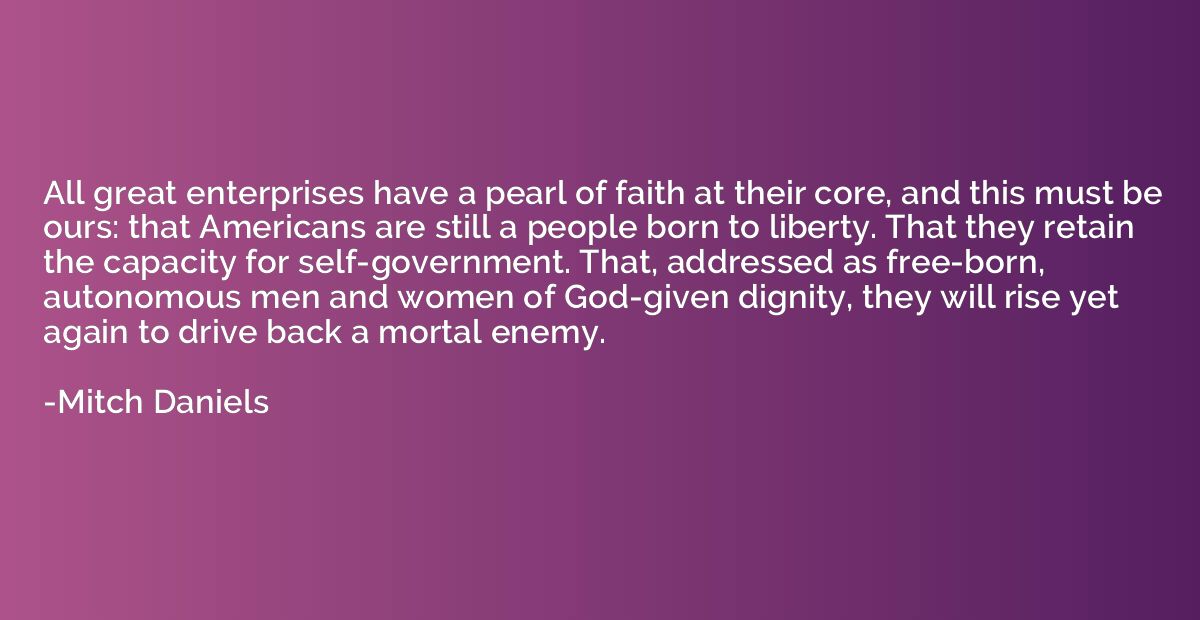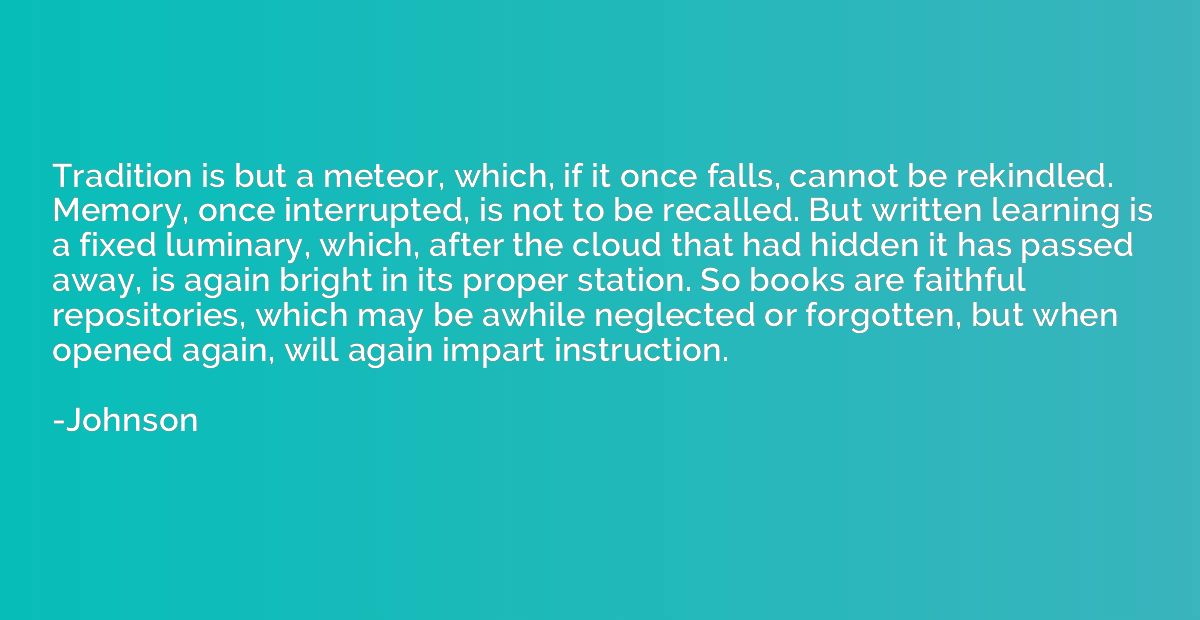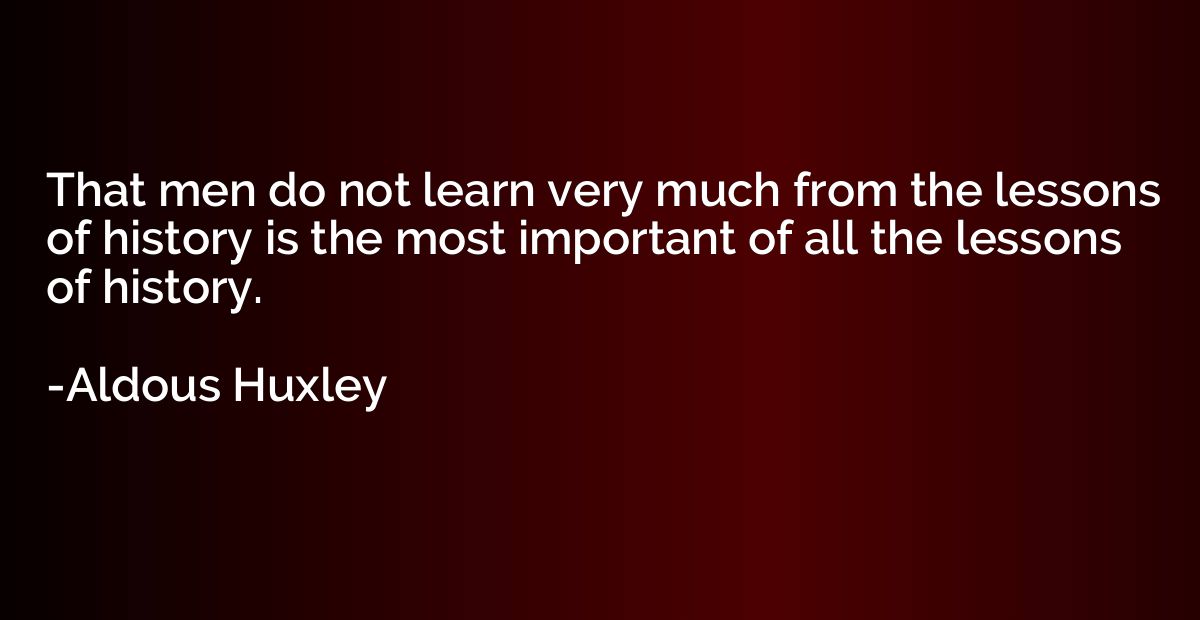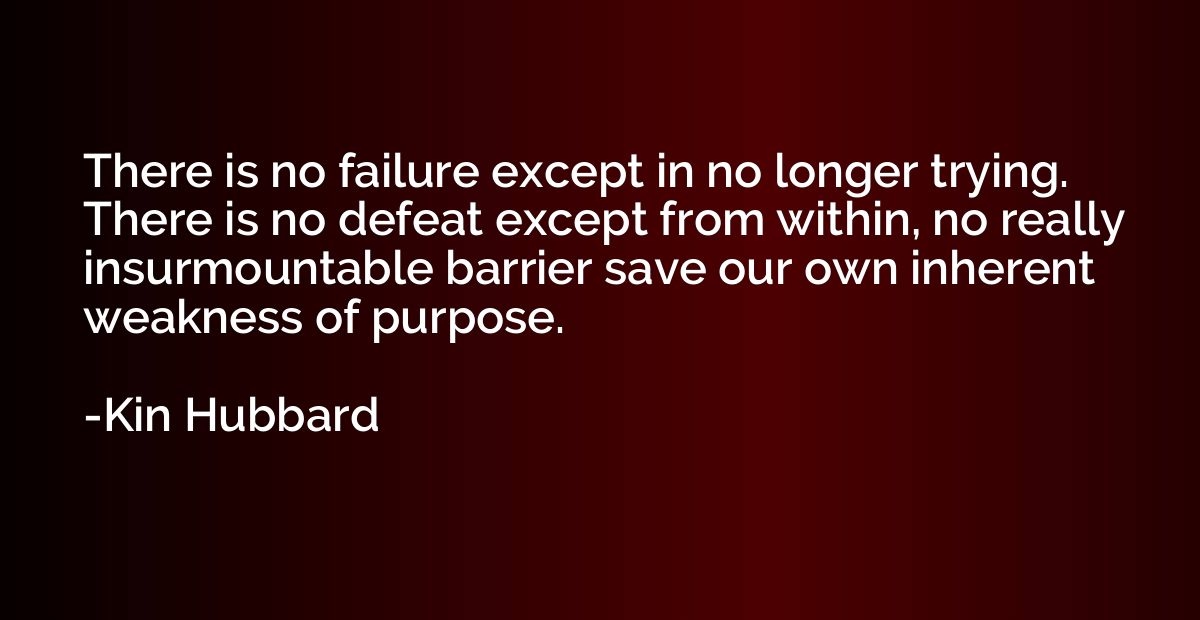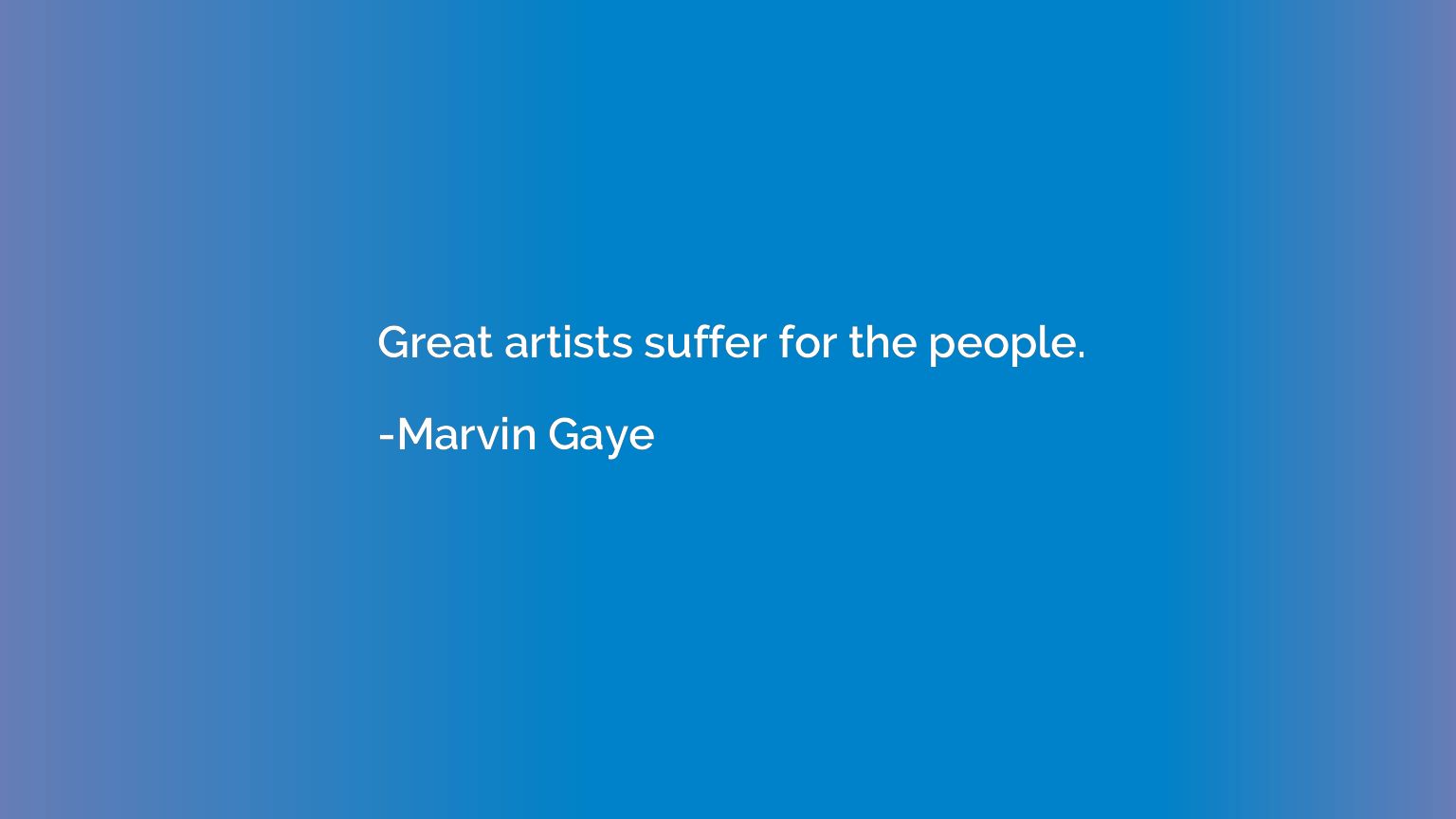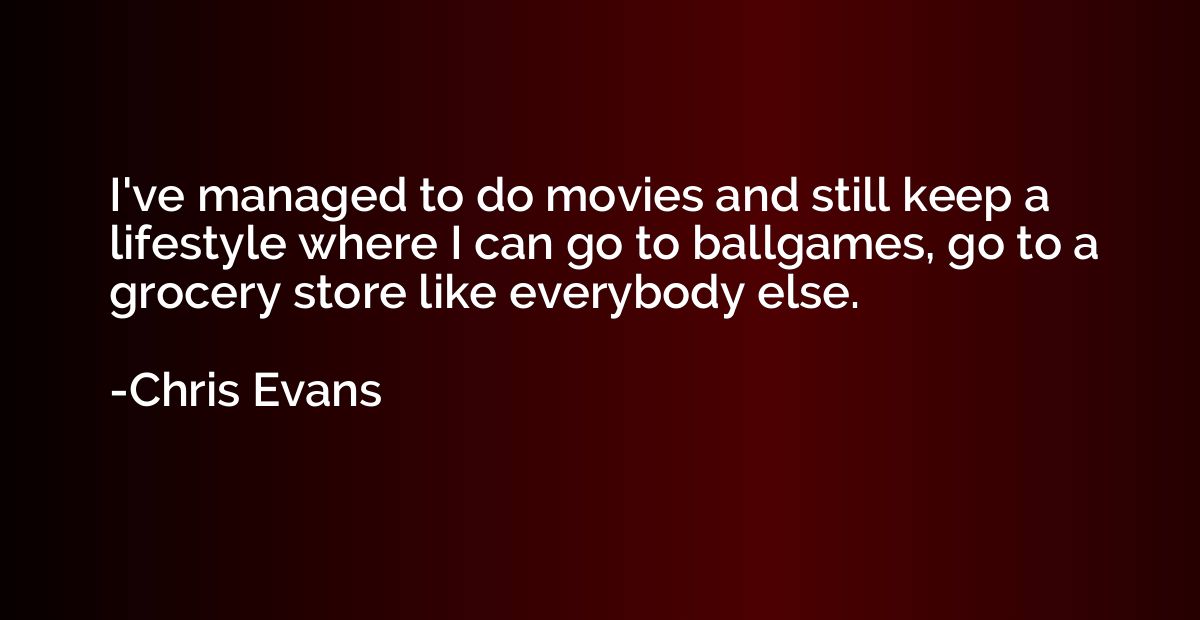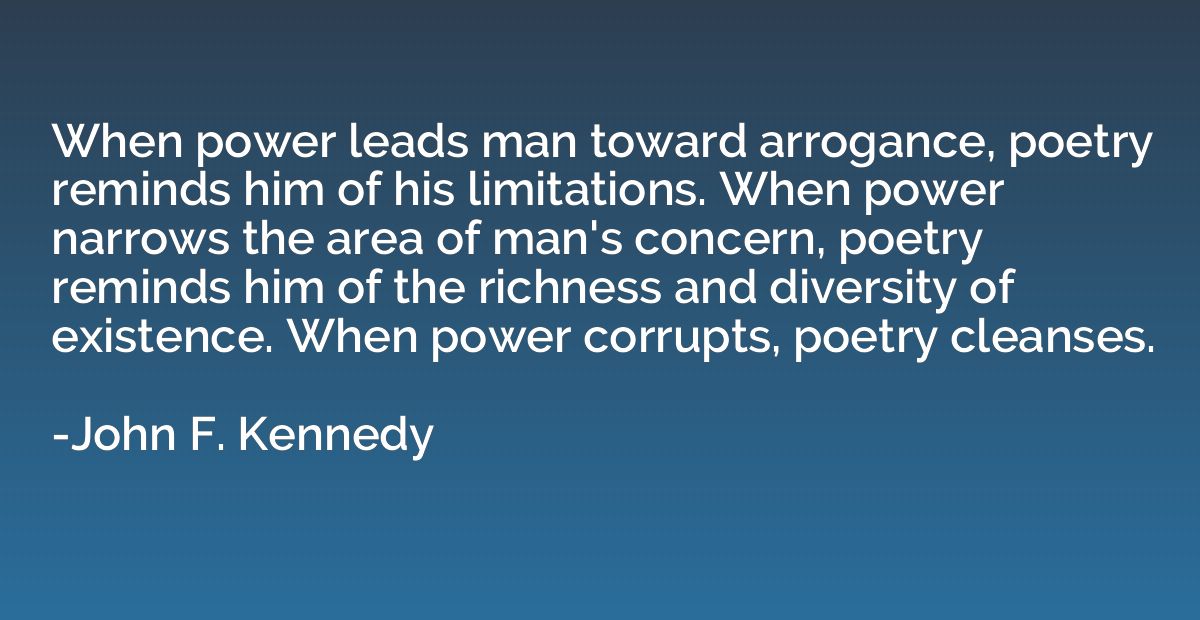Quote by Immanuel Kant, Critique of Pure
Suppose some one asserts of his lustful appetite that, when the desired object and the opportunity are present, it is quite irresistible. Ask him if a gallows were erected before the house where he finds this opportunity, in order that he should be hanged thereon immediately after the gratification of his lust, whether he could not then control his passion; we need not be long in doubt what he would reply. Ask him, however, if his sovereign ordered him, on the pain of the same immediate execution, to bear false witness against an honourable man, whom the prince might wish to destroy under a plausible pretext, would he consider it possible in that case to overcome his love of life, however great it may be. He would perhaps not venture to affirm whether he would do so or not, but he would unhesitatingly admit that it is possible to do so. He judges, therefore, that he can do a certain thing because he is conscious that he ought, and he recognizes that he is free--a fact which but for the moral law he would never have known.
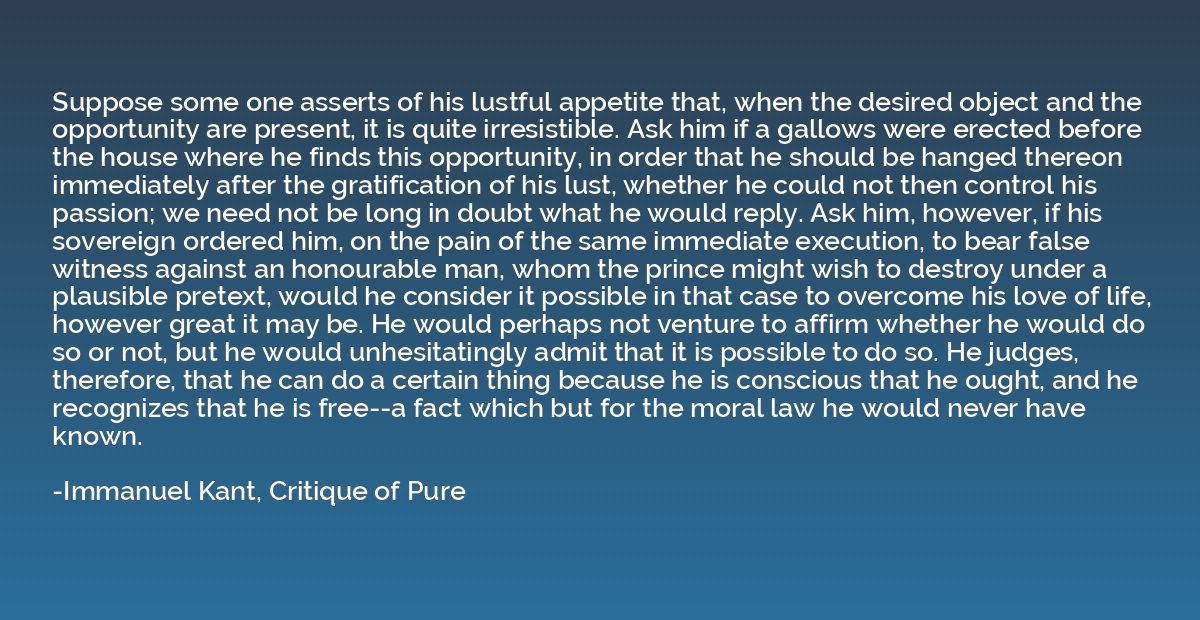
Summary
This quote highlights the distinction between the power of our desires and the power of our moral conscience. The example of a person's lustful appetite being irresistible until faced with immediate punishment, such as hanging, demonstrates that the desire can be controlled when the consequences are severe enough. However, when faced with a choice to bear false witness against an honorable person, even under the threat of execution, the individual acknowledges the possibility of overcoming their love of life to uphold moral principles. The quote emphasizes that our awareness of freedom stems from our capacity to recognize and abide by the moral law.



